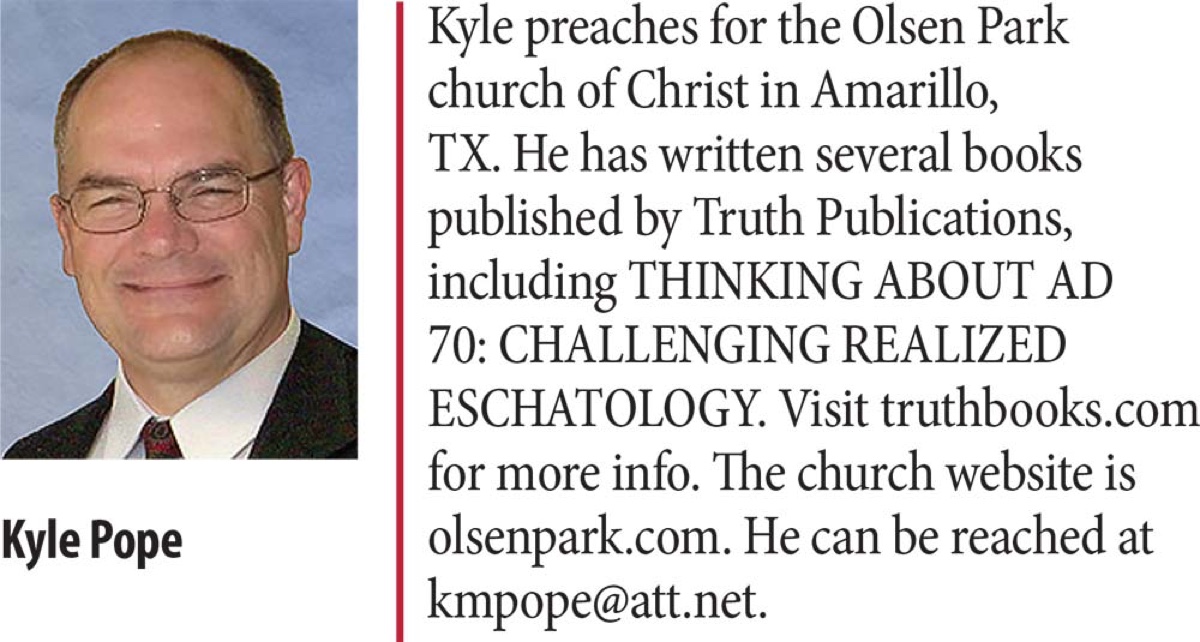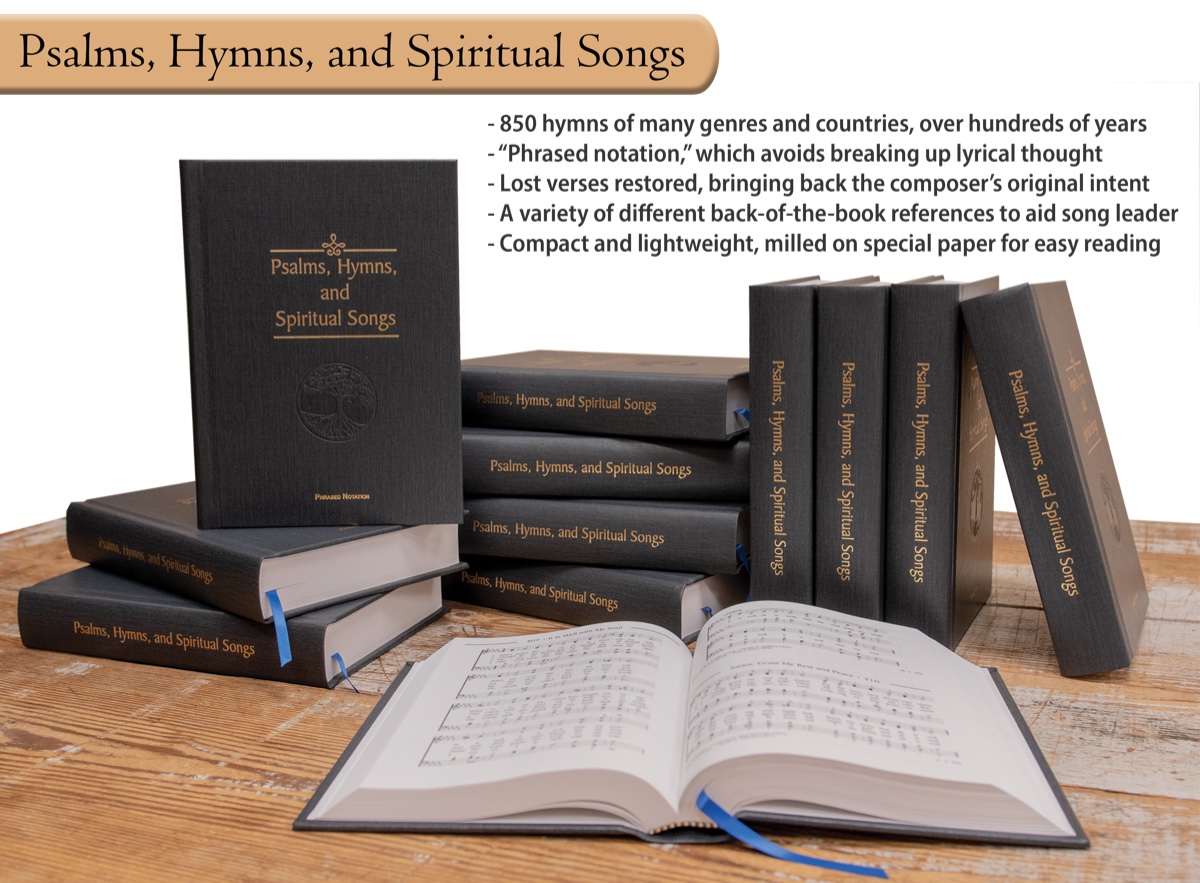
by Kyle Pope
Synopsis: While “fellowship” is used in various ways today, a careful examination of the Greek word family used in the NT to communicate this concept reveals a specific scope and meaning. Our understanding of fellowship must reflect this focus.
The word “fellowship” describes the beautiful relationship of faith that connects true Christians to God and to all other true believers. Yet, in the religious world, not only among denominationalists, but also among our own brethren, this word is often used regarding everything from recreation halls built onto church meeting houses, to casual social interaction between Christians or non-Christians. In this study, let us examine the words used in the New Testament in connection with the concept of fellowship.
The word generally translated fellowship is the Greek noun koinōnia. Henry Thayer defines the word, “fellowship, association, community, communion, joint participation, intercourse” (Greek-English Lexicon of the New Testament, 352). It describes the state of “association” or “joint participation” enjoyed by Christians. Koinōnia belongs to a family of words used in the New Testament to describe this joint participation. Other words in this family are koinōneō, the verb meaning “to fellowship;” koinōnos, a noun describing “one who fellowships;” koinōnikos, an adjective describing “the willingness to fellowship,” all derived from the root koinos, an adjective meaning, simply, “common.”
Koinōnia* is properly a bond for a united purpose. The nature of the bond varies depending on the nature of the purpose. In Luke 5:10, for example, the Holy Spirit describes James and John as “partners (koinōnos)” with Simon in the fishing business. Here, their bond was not spiritual, but the bond of a common occupation. Their shared purpose was to catch literal fish. In Matthew 23:30, Jesus offers another example. He rebuked the scribes and Pharisees for claiming they would not have been “partakers (koinōnos) with them” [i.e., their ancestors] “in the blood of the prophets” (NKJV). The bond in this instance was a common spirit, and the purpose was shared opposition to God’s prophets.
The two examples above concern “joint participation” but, the first involves fellowship in the fishing business and the second fellowship in persecution. The focus of the New Testament is on a very specific bond of fellowship. Philippians 1:5 describes this as “fellowship (koinōnia) in the gospel.” In John’s first epistle, the Holy Spirit tells us how this bond comes about. He writes, “That which we have seen and heard we declare to you, that you also may have fellowship (koinōnia) with us; and truly our fellowship (koinōnia) is with the Father and with His Son Jesus Christ” (1 John 1:3). This shows that “fellowship in the gospel” is a spiritual bond. This bond comes about when one accepts the gospel (i.e., believing and obeying the doctrine written by inspired apostles and prophets like John). When the gospel was first preached on the day of Pentecost, those who accepted it “continued steadfastly in the apostles’ doctrine and fellowship (koinōnia), in the breaking of bread, and in prayers” (Acts 2:42). This is not referring to social functions as a work of the church. The connection of the word, fellowship, with the phrase, “the apostles’ doctrine,” infers that fellowship in Christ involves joint participation in the entire system of faith, towards the shared purpose of a “common (koinos) salvation” (Jude 3).
We should notice some things about this “fellowship in the gospel” from other texts where these words are used:
Koinōnia must not exist with those who “walk in darkness” (1 John 1:6) or who practice “lawlessness” (2 Cor. 6:14).
The Christian must not have “fellowship (koinōnia) with demons” (1 Cor. 10:20) nor “share (koinōneō) in other people’s sins” (1 Tim. 5:22). We are even told that in greeting someone who transgresses the doctrine of Christ, a Christian “shares (koinōneō) in his evil deeds” (2 John 11).
Koinōnia* (or “fellowship”) involves a person’s relationship with God. The one who is in fellowship with God, is in fellowship with all others who are truly in fellowship with Him (1 John 1:3). 1 Corinthians 1:9 refers to this as “the fellowship (koinōnia) of His Son” and 2 Corinthians 13:14 speaks of it as “the communion (koinōnia) of the Holy Spirit.” Those in Christ are said to be “partakers (koinōnos) of the divine nature” (2 Pet. 1:4). Christians have received the things of God’s Spirit (1 Cor. 2:10) and Christ dwells in us through faith (Eph. 3:17).
This leaves us with an important question: when exactly is a Christian practicing fellowship? In one sense, a Christian is always in fellowship with God and other Christians, yet not every activity Christians share is “fellowship in the gospel.” We saw above, when Peter, Andrew, James, and John were fishing together, it would not have been accurate to call that “fellowship in the gospel.” It was fellowship in the fishing business. So, what kinds of activities are “fellowship in the gospel”? 1 Corinthians 10:16 describes the observance of the Lord’s Supper as the “communion (koinōnia) of the body of Christ.” In this text, the church (i.e., the body of Christ) jointly participates in the memorial emblems of the broken body of Jesus. The same text compares this with the sacrifices under the old covenant. Those who ate from the sacrifices of the tabernacle (or temple) were “partakers (koinōnos) of the altar” (10:18). When we participate together in those things that involve the gospel, we are partakers of the gospel of Christ and engaged in “fellowship in the gospel.” Four times in the New Testament, the word koinōnia is used in reference to material or financial contributions that support the preaching of the gospel (Rom. 15:26, 2 Cor. 8:4; 9:13; Heb. 13:16). Gentile Christians who helped their Jewish brethren were described in Romans 15:26-27 as having “shared (koinōneō) in their spiritual things” (NASB).
In our day, the word fellowship is often used to refer to the eating of a common meal. While we know that early Christians ate with one another as a result of the love they shared for each other (Acts 2:46), the word fellowship is never used in the New Testament to refer to a common social meal. Christians should spend time with one another outside of the worship assembly, yet, if we begin to think of participation in social functions as “fellowship in the gospel,” we are misapplying a biblical concept. May we all continue to study this issue, striving always to use “Bible names for Bible things.” 


